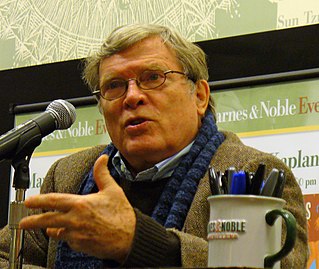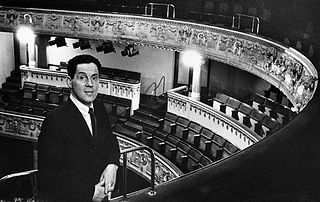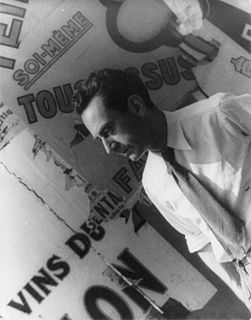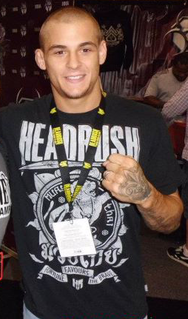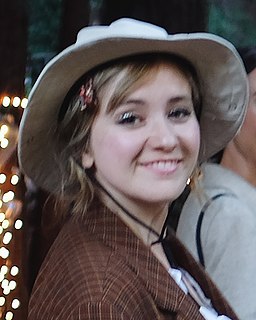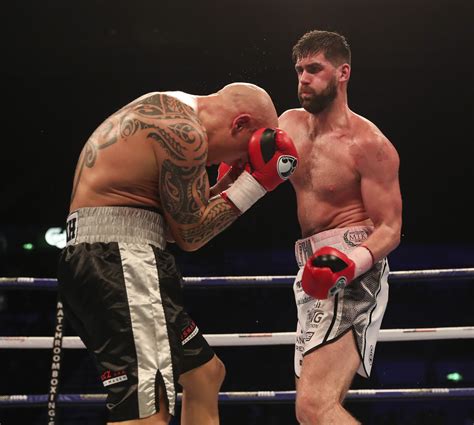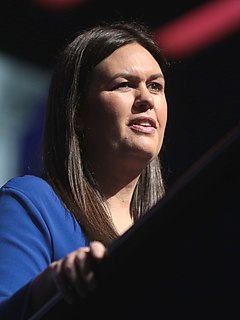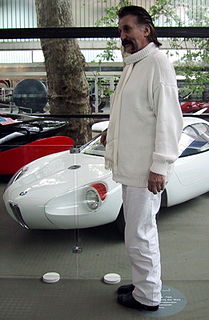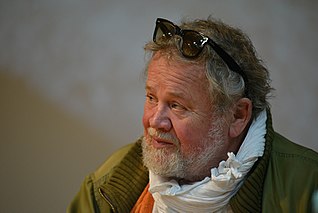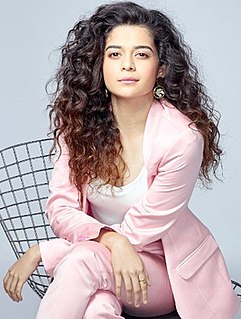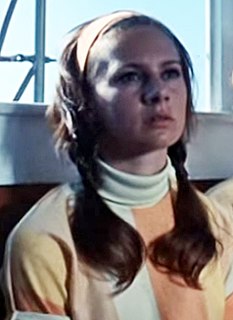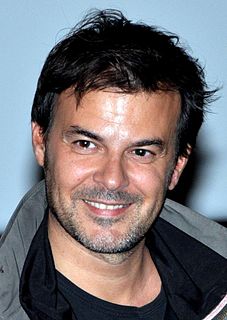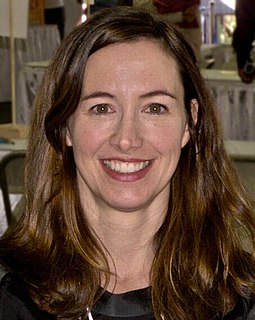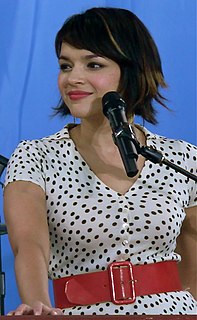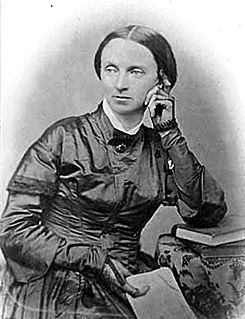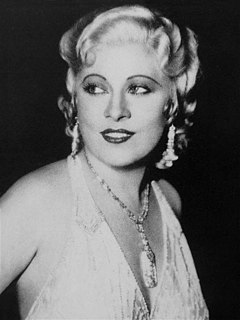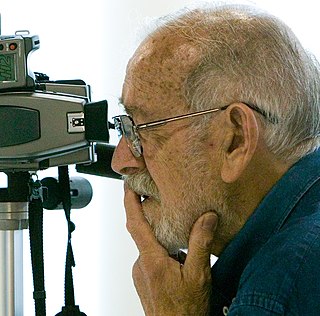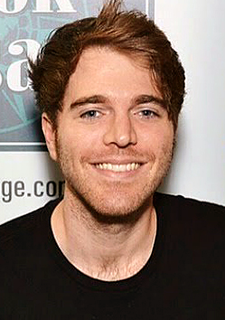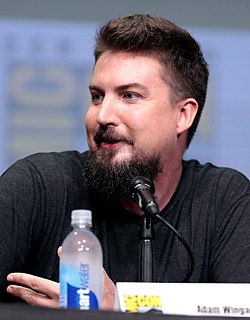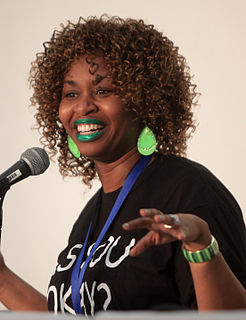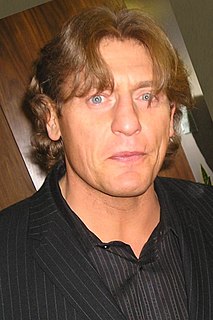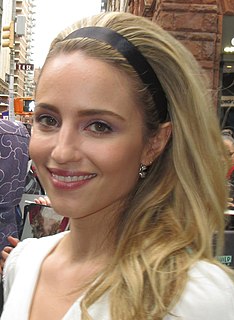Top 1200 Camera Angles Quotes & Sayings - Page 7
Explore popular Camera Angles quotes.
Last updated on April 21, 2025.
He owned an expensive camera that required thought before you pressed the shutter, and I quickly became his favorite subject, round-faced, missing teeth, my thick bangs in need of a trim. They are still the pictures of myself I like best, for they convey that confidence of youth I no longer possess, especially in front of a camera.
This is going to sound crazy, especially in America where there is a total inflation of the word "love," but in a sense you have to love the people in front of the camera. There has to be trust between the one who is behind the camera and the people on the other side, so that they can relax. They have to feel they are safe, and that way they don't have to pretend just because they are scared.
I want my fellow citizens to wise up and stop falling for [war]. I try with my limited access, I'm not getting into Kabul with a camera, they're not letting me get into Benghazi with a camera. I do what I can with my flimsy American passport and a visa. The photos are a bit more heavy from Southern Sudan and Haiti and Cuba.
I've been wanting to do some type of video about the idea that YouTubers have to have some kind of personality disorder, something right, to do what we do. Putting ourselves on camera all the time, being so open on camera all the time, having conventions with our name in it. There has to be something.
The weird thing with 'Kismet' is that Vincente Minnelli didn't know what to do with a Cinemascope camera for that film - so he never moved it! It's like in the old days when sound first came in and was so complicated that the camera just sat there. There are hardly any close-ups in 'Kismet,' so everything's at a bit of a distance.
People were murdered for the camera; and some photographers and a television camera crew departed without taking a picture in the hope that in the absence of cameramen acts might not be committed. Others felt that the mob was beyond appeal to mercy. They stayed and won Pulitzer Prizes. Were they right?
I like working on one - camera. This is not false modesty, but I don't think I'm very good at three - camera. And it's not that I'm nervous, but I just sort of feel like my collar is too small, or my clothes don't fit. I don't understand what that is. And I don't understand the format: There's an audience in front of you that you're playing to, but there are also these cameras.
I found that the camera was a comforting companion. It opened up new worlds, and gave me access to people's most intimate moments. I discovered the privilege of seeing life in all its complexity, the thrill of learning something new every day. When I was behind a camera, it was the only place in the world I wanted to be.
I hate it when you are watching a movie where the characters are on the news, and for some reason they shoot it with a 35mm camera or a 4K camera, and they just put it on the TV as if that's the way it would look - it always takes me out of it by putting a filter on certain things. If it's too high quality, you're never gonna buy it.
If I'm traveling, I'll take a film camera and a digital camera because sometimes there are moments where, if you've lost it, or if coming back and it accidentally goes through the X-ray machine and it gets overexposed, you might have had a really important moment to you and you would be really upset that you didn't have a back-up.



